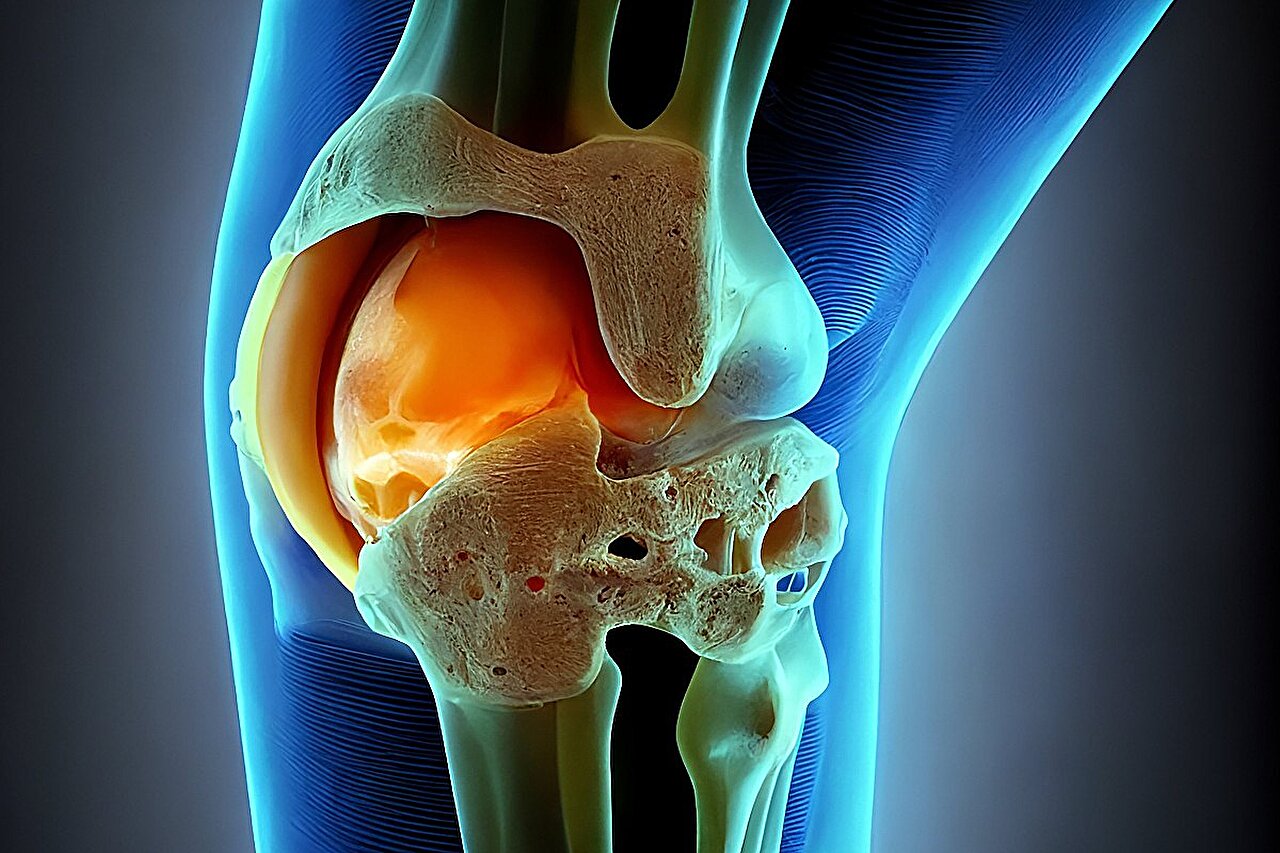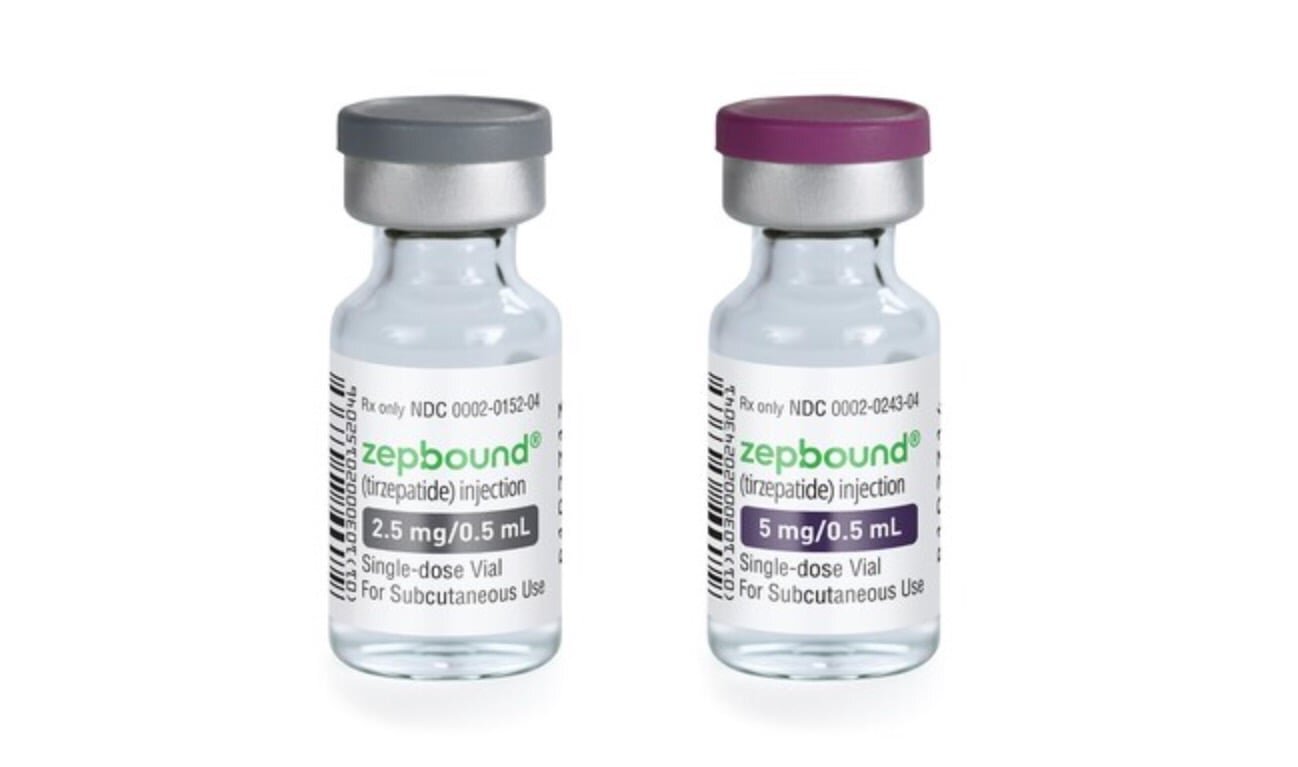A new study by investigators from Mass General Brigham has found that obesity may be an important risk factor for infection from the virus that causes COVID-19. Researchers analyzed electronic health record data from Mass General Brigham and found that individuals with obesity were 34% more likely to become COVID positive after reported exposure than individuals without obesity. Their findings, published in PNAS Nexus, indicate that obesity, a well-known risk factor for more severe symptoms and complications from the virus, may also increase risk of infection.
“We knew that obesity raises risk for severe COVID-19 outcomes, but we were surprised to find that it also increases the likelihood of catching the virus in the first place,” said corresponding author Masanori Aikawa, MD, PhD, director of the Center for Interdisciplinary Cardiovascular Sciences (CICS) at Brigham and Women’s Hospital. “This suggests that obesity may play a more significant role in COVID-19 transmission than previously thought. Our results add to the growing body of evidence that maintaining a healthy weight is crucial for overall health.”
Led by first author Joan T. Matamalas, PhD, a research scientist in the CICS, the researchers conducted a case-control study evaluating data in the Mass General Brigham COVID-19 Data Mart, which included COVID-19 results for 687,813 subjects tested for COVID-19 from March 2020 to March 2022 — a period of rampant infection before vaccines were widely available. The team examined data from more than 72,000 participants who had reported contact with or suspected exposure to COVID-19.
The authors note that the study relied on self-reported information about potential exposure to the virus, which may not accurately reflect actual exposure, and was conducted in a single health system in Massachusetts, so the results may not be generalizable to other populations. Future studies could examine the biological mechanisms that may explain why individuals with obesity may be more susceptible and could help to identify new drug targets or more personalized vaccination approaches to help protect against infection and complications.
The researchers add that their hope is the study serves as a reminder of the importance of maintaining good health and reducing risk as COVID-19 rates increase.
“Although our study was conducted on pre-vaccine data, numerous studies have shown that vaccines are the most effective and safe way to prevent COVID-19 infection and severe outcomes, regardless of weight or other risk factors,” said Aikawa.
Authorship: In addition to Matamalas and Aikawa, Mass General Brigham authors include Sarvesh Chelvanambi, Julius L. Decano, Arda Halu, Diego V. Santinelli-Pestana, Elena Aikawa, and Rajeev Malhotra. Additional authors include Raony F. França.
Funding: The study was supported in part by research grants from Kowa Company, Ltd, Nagoya, Japan (A11014) and the National Institutes of Health (R01HL126901, R01HL149302, R01HL136431, R01HL141917, R01HL147095, and K25HL150336). Kowa was not involved in the study other than funding.



